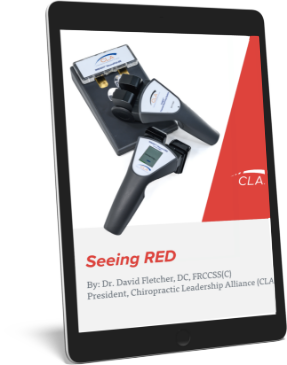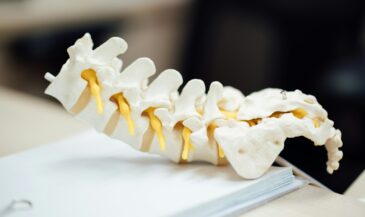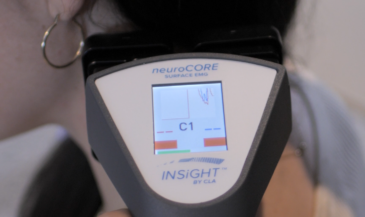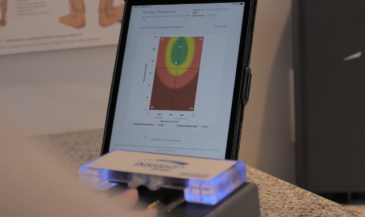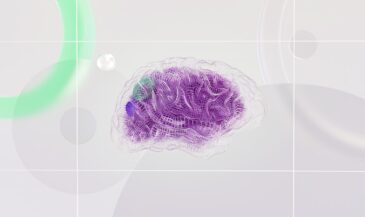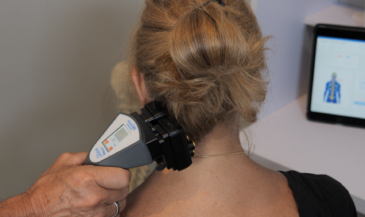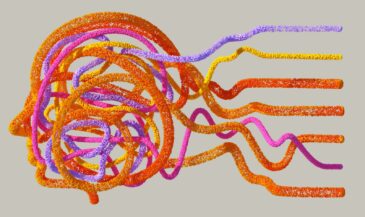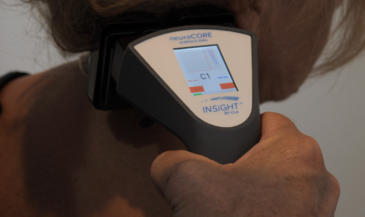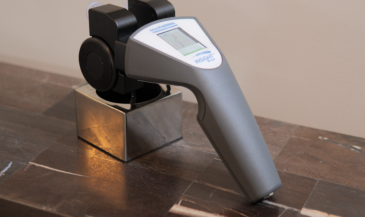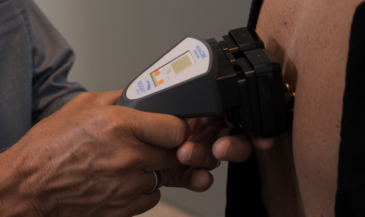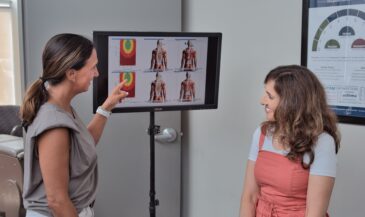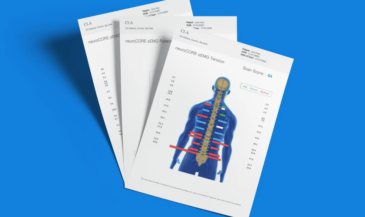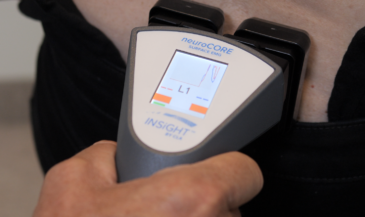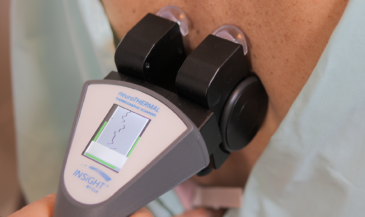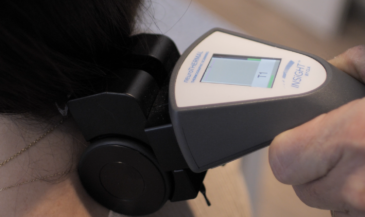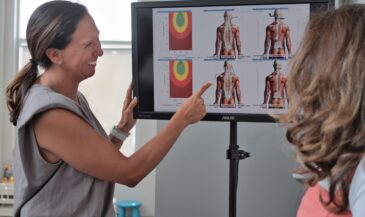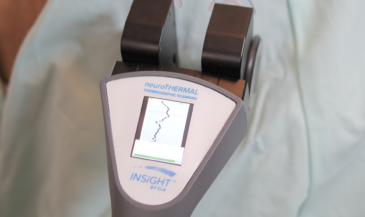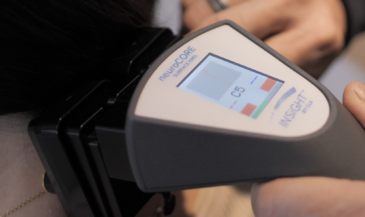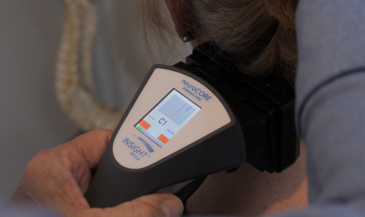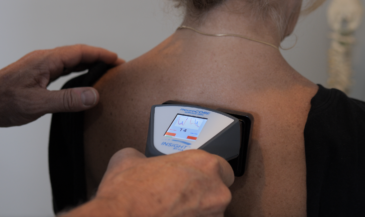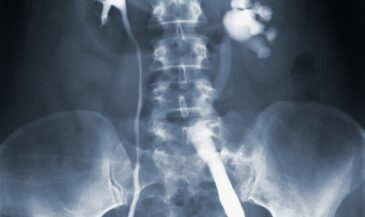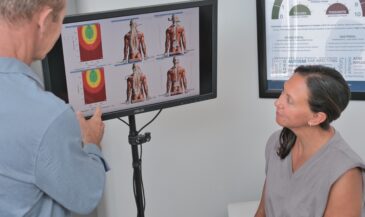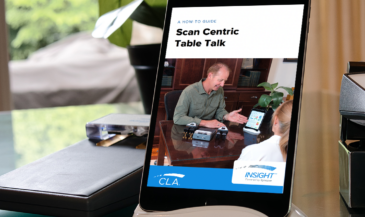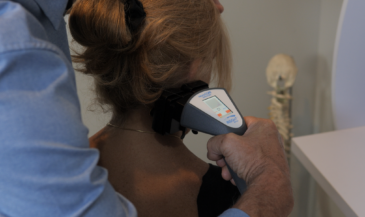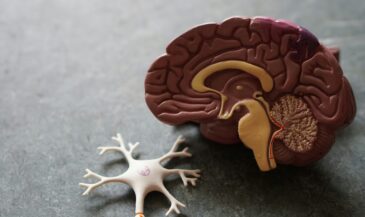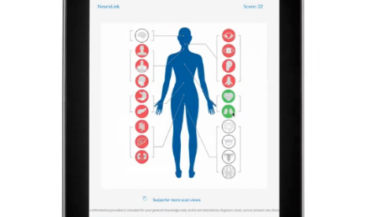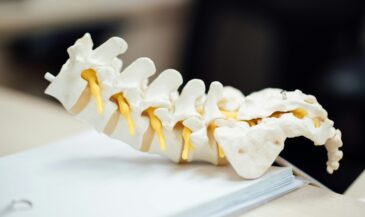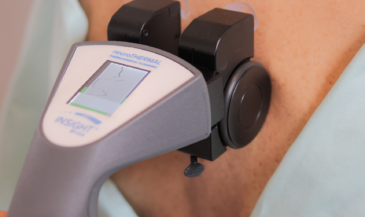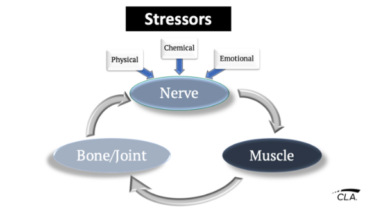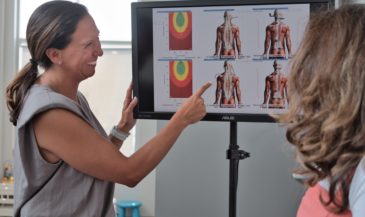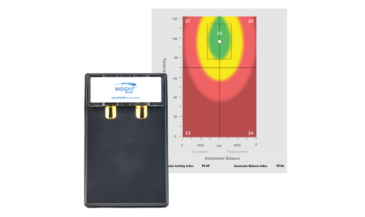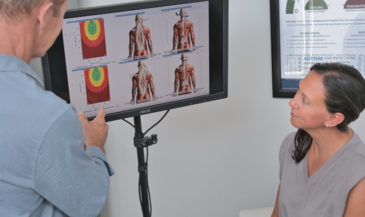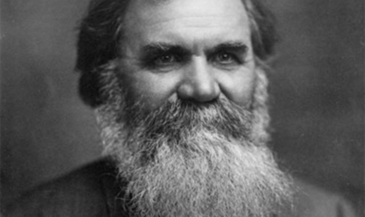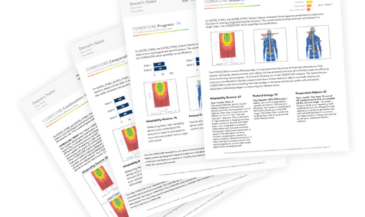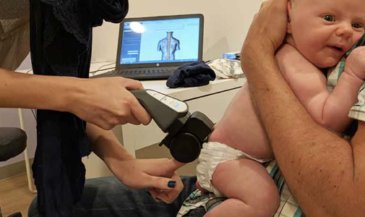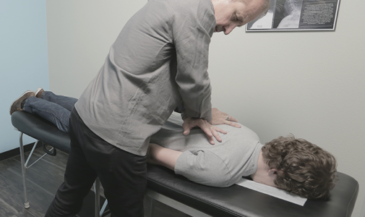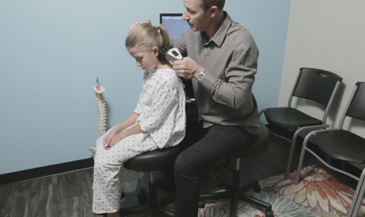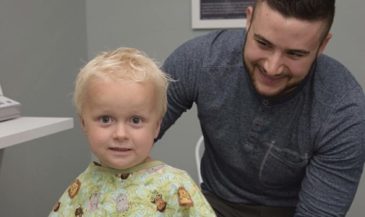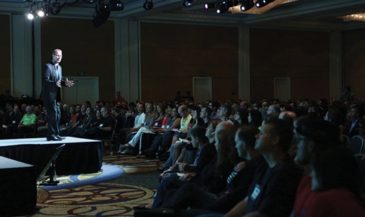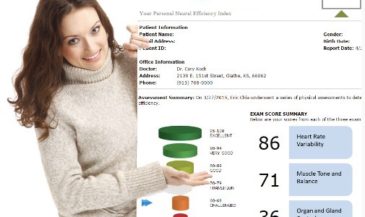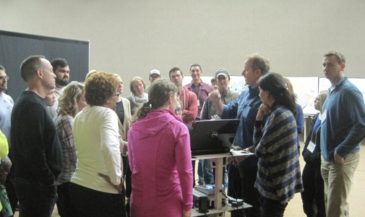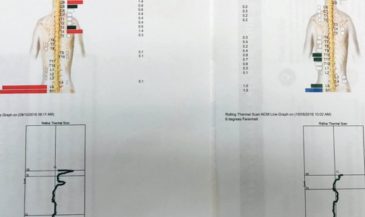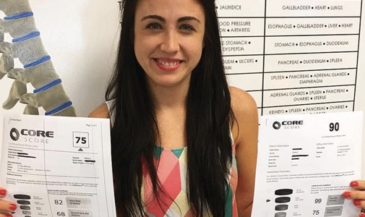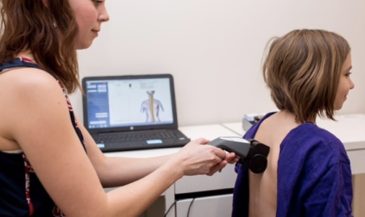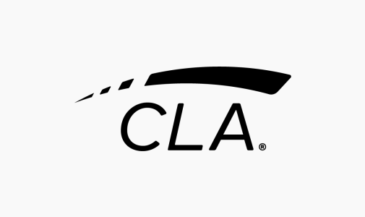By Dr. Christopher Kent
The National Advisory Committee on Institutional Quality and Integrity will be meeting June 57, 2006 to review nationally recognized accrediting agencies seeking initial recognition or renewal of recognition by the Department of Education. Among the agencies scheduled for review is the Council on Chiropractic Education.
What are the functions of the National Advisory Committee? Among other tasks, the Committee advises the Secretary of Education about the establishment and enforcement of the Criteria for Recognition of accrediting agencies and the recognition of specific accrediting agencies. There will be an opportunity for comments from the public. I plan to be there.
Most readers are familiar with the situation surrounding the CCE’s action against Life University, and Life’s remarkable recovery. Few are aware of the CCE’s political history, or its continuing efforts to disenfranchise a significant segment of the profession.
One recent example is a Strategic Planning Session held last July.
CCE invited only two national associations to participate: the ACA and the ICA. In a letter dated April 26 in response to my request that the WCA be permitted to participate the agency replied that “CCE recognizes the United States national chiropractic associations as the ACA and the ICA. We have therefore limited our invitations to one representative each from those two organizations.”
I have been unable to find any reference to the CCE having authority to “recognize” national chiropractic associations in any CCE or USDE documents. Furthermore, willful exclusion of representatives from the WCA and the FSCO blatantly runs counter to the claim that “The CCE does not seek to define or support any philosophy regarding the practice of chiropractic…” [1].
Conflicts of interest between persons making accreditation decisions concerning Life University and competitive institutions have been reported. Solicitation of Life University (LUCC) students by CCE members who participated in the decisionmaking process to revoke LUCC’s accreditation appear to represent a conflict of interest in violation of USDE Rule 602.15.
Furthermore, the termination of LUCC accreditation by the CCE, involving individuals whose institutions stood to benefit by recruiting transfer students, caused thousands of innocent students significant financial loss, displacement of their families, and disruption of their career plans.
In issuing a temporary injunction, Senior District Judge Charles E. Moye, referring to this group as the “liberal minority,” wrote, “…an aggressive group of leaders of the eight liberal chiropractic schools, who had only onethird of the chiropractic students, had undertaken a series of corporate manipulations…calculated to give dominance to the liberal minority…action which would violate the antitrust laws if incorporated in an accreditation procedure, per se, indicate a lack of due process.” (Life University, Inc. v. CCE, et al, Civil Action File No. 03cv4 [N.D. Ga. 2003], Judge’s Order for Temporary Injunction. February 10, 2003.)
Judge Moye is not the only one who has identified problems with the CCE. Complaints filed with the USDE resulted in a July 5, 2005 letter [2], informing the CCE of the following:
1. With respect to the allegation that CCE did not comply with specific USDOE criteria concerning conflicts of interest of CCE board members, the USDOE found as follows:
The agency is not in compliance with this criterion. CCE apparently has never directly responded to the allegation of conflicts of interest by its members, commissioners, and evaluation team members despite having received a letter of complaint from CNJC on March 24, 2003. Although the agency identifies policies designed to prevent conflicts of interest, it has apparently not investigated this allegation to determine if violations of its policies took place. In the absence of such an investigation, Department staff must conclude that either CCE does not have clear and effective controls against conflict of interest or has failed to implement such controls where appropriate.
With regard to the DECE allegation, staff is concerned that continuing discrepancies between CCE internal policy documents may compromise the agency’s ability to effectively carry out its accreditation activities.
The CCE needs to review its internal policy documents for discrepancies and take corrective action to correct all discrepancies. The agency also needs to investigate the allegation of conflicts of interest by its members, commissioners, and evaluation team members in its review of LUCC (Life).
2. With respect to the allegation that CCE did not comply with criteria requiring disclosure of the names and professional qualifications of CCE’s decisionmaking bodies, and in specifically addressing Walker’s response to the CNJC refusing to address their complaints, the USDOE found as follows:
The agency is not in compliance with this criterion. CCE did not fully provide, as requested in a letter dated April 8, 2003, a list of the names, academic and professional qualifications, and employment and organizational affiliations of its policy and decisionmaking bodies and its administrative staff. In addition, pursuant to this same letter, CCE did not review itself in a timely and fair manner, and apply unbiased judgment to, a complaint against itself. There are no provisions within 602.23(c)(3) that would exempt an agency from responding either to a complaint that lacks particular formatting or that fails to cite specific violations of agency bylaws, policies or standards.
The agency needs to revise its complaint policy and procedures to ensure that they cannot be used to impede but rather support a thorough and balanced review of the agency itself as well as its accredited institutions.
3. With respect to the allegation that CCE did not comply with specific USDOE mandated separate and independent criteria for accrediting agencies, the USDOE found as follows:
The agency is not in compliance with this criterion. This criterion applies exclusively to the mechanism by which members of an accrediting agency’s decision making body are elected or selected. In the case of CCE, members of the Commission on Accreditation are elected by the CCE Board of Directors. Since members of the Board of Directors may not also serve as officers or board members of affiliated trade associations such as FCLB, there is no possibility that the FCLB president or board can elect members of the Commission on Accreditation in violation of this criterion. However, the same restriction does not apply to the Association of Chiropractic Colleges, whose officers apparently may serve on the Board of Directors, and therefore be in a position to elect members of the Commission on Accreditation.
The CCE needs to revise its policies pertaining to the election of its commissioners such that the CCE Board of Directors cannot serve as officers or board members of any related, associated, or affiliated trade association or membership organization to include the Association of Chiropractic Colleges.
4. The USDOE concluded its letter to CCE by stating:
For those findings for which your agency has been found to be in noncompliance with the Criteria, we request that you take immediate steps to correct the violations identified. Please forward to us by October 17, 2005 your plan of corrective action to include timelines for completion of such actions. A followon report of your agency’s corrective actions will be requested.
Despite these findings, the CCE issued a press release November 10, 2005 [3], stating, in part, “CCE has <I>not<I> been cited for noncompliance by USDE for <I>any<I> accreditation decisions” (emphasis theirs). The press release acknowledged only that “USDE staff has made recommendations to CCE regarding specific provisions of Policy and Bylaws, and CCE has responded affirmatively.” A casual reader could easily be mislead by the press release, especially if the reader did not review the letter from USOE.
The June review of the CCE’s federal recognition represents an opportunity for change. We must demand that any accrediting agency purporting to represent the chiropractic profession respect diversity, and the missions of member institutions. The legitimate role of accreditation is quality control, not political manipulation through coercion. It’s time for the CCE to be reformed, or replaced.
References
1. http://www.cceusa.org/2006%20January%20STANDARDS.pdf
2. http://www.idealspine.com/pages/ajcc_october_2005_cce_cited_for_accreditation_violations.htm
3. http://www.cceusa.org November 10, 2005 press release.




